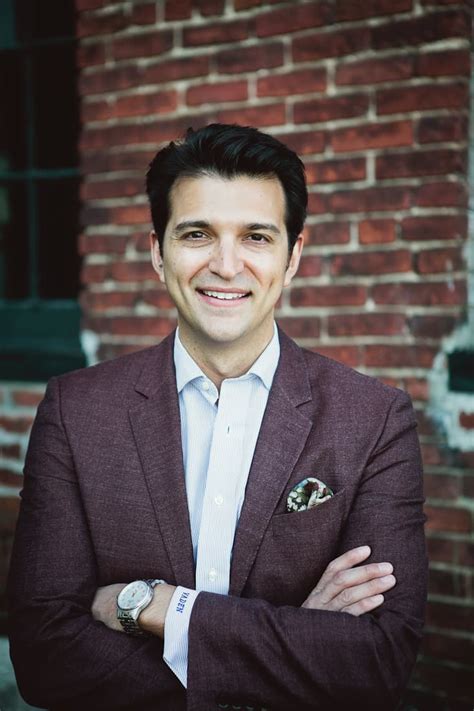A Quote by Noreena Hertz
I have problems with this very extreme form of capitalism where the pendulum has swung so far in one direction, where the focus is completely on the short term, and no one is thinking about the consequences.
Related Quotes
The constant drive for campaign dollars has distorted decision-making in Washington, DC, to the point where our systems can no longer effectively address complex, long-term problems like the climate crisis. Which brings me to my other major concern - the short-term focus of capitalism. It distorts the allocation of resources and the decision-making processes of companies.
From Gorbachev to Yeltsin, the pendulum swung one way; now, Putin has pushed it very far in the opposite direction, and the backlash is inevitable. So I think the year 2042 could be quite interesting. Specifically, I think today's reactionary policy will end in total failure and the need for a new perestroika; there will be a "time of troubles," which may well end in the disintegration of Russia.
The most self-disciplined people in the world aren't born with it, but at one point they start to think differently about self discipline. Easy, short-term choices lead to different long-term consequences. Difficult short-term choices lead to easy long-term consequences. What we thought was the easy way led to a much more difficult life. I think that motivation is sort of like a unicorn that people chance like a magic pill that will make them suddenly want to work hard. It's not out there.
In the early 1980s, the government of New Zealand fell into the hands of true believers, globalist believers, and they embraced the theory of inevitability perhaps more completely than anybody else. And it solved in the very short term some of their debt problems, but in the medium- and long-term, it left them in real economic trouble.
Outsourcing, in and of itself, isn't responsible for the erosion of America's high tech infrastructure. The short-term thinking that led to a lot of bad outsourcing decisions is the root cause. And short-term thinking isn't a problem confined to the executive suite. It's a problem in Washington and in our society as a whole.
































